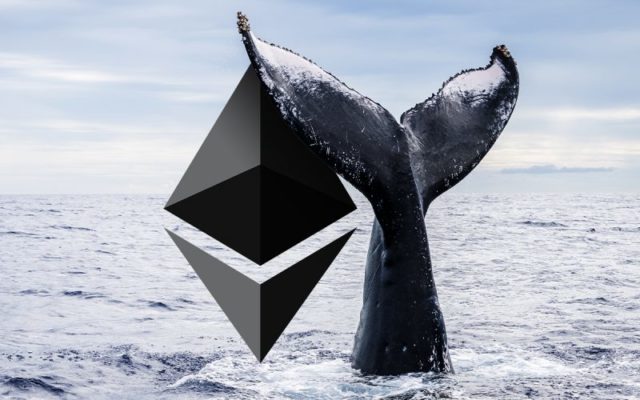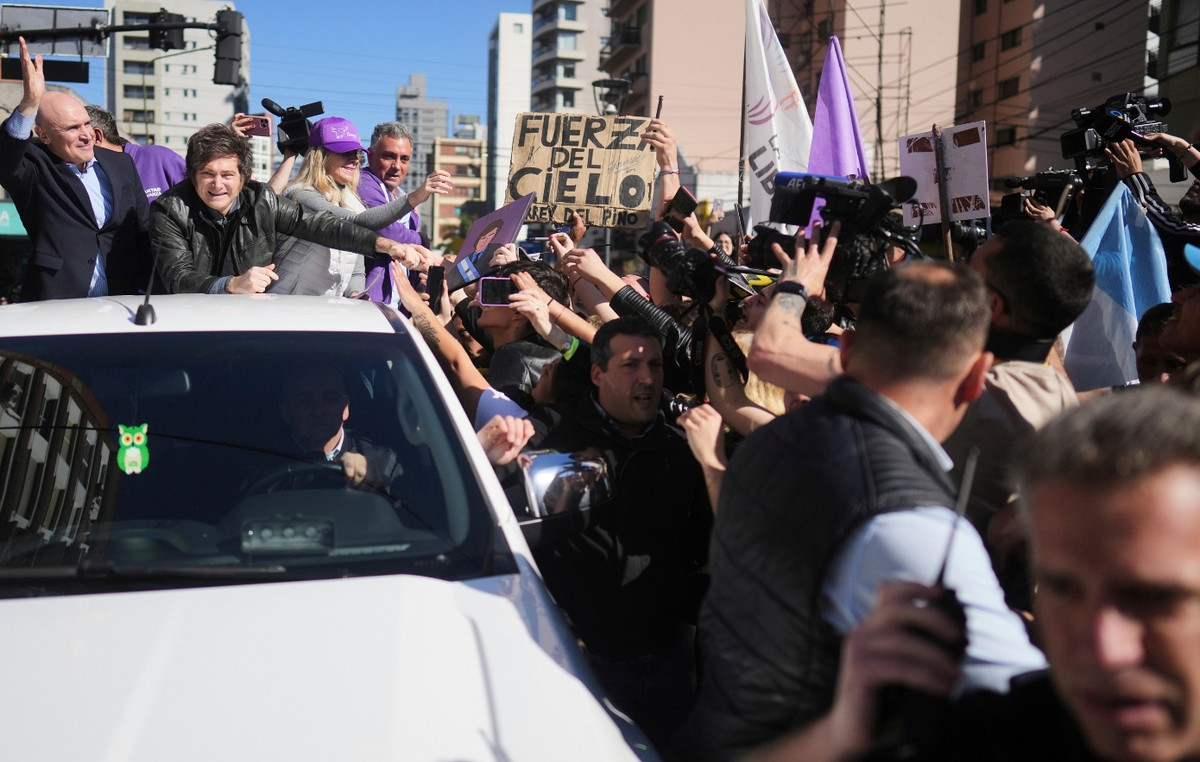Germany has benefited from globalization, but is now being called upon to bear the price of the Ukrainians’ struggle for freedom. How ready are the Germans for deprivation?
Politicians around the world have been warning more and more lately. In Germany, Economy Minister Robert Habeck, who has taken on the difficult task of unhooking the economy from Russian energy, says the war in Ukraine will cost prosperity. But Finance Minister Christian Lindner also warned that Germany needed to “develop new sources of social prosperity”. Two politicians from different parties, the Greens and the Liberals, but also the two government partners, in a rare show of unanimity. It is more than doubtful that Russia can continue to be a reliable partner of the German economy with affordable oil and gas in the current circumstances.
The Germans are having a hard time coping
With each passing day, consumers are feeling the effects of gasoline prices climbing to record levels. And not only. Many goods have become more expensive. In some supermarkets the shelves with cooking oil are empty, as if they were an occupation. Even before the pandemic crisis is over, the war in Ukraine threatens to throw even the affluent Western society into a new era. “Sometimes we can get cold, when it comes to freedom, we can endure a few years with less joy in life,” former German President Joachim Gauck said in a March night talk show in March. Spiegel magazine wrote: Words that for years played no role in German reality, such as deprivation, willingness to sacrifice and lack, return to vocabulary.
According to opinion polls, there are many people in Germany who feel deficient and have financial difficulties. A YouGov survey on behalf of Postbank showed that one in seven adults can hardly cover the cost of living due to rising inflation, which exceeded 7% in March. Of those surveyed with a net income of less than 2,500 euros, almost 24% said they found it difficult to afford daily expenses due to rising prices. And to have a measure of comparison, in January the same answer was given by only 17%. Inflation is known to erode people’s purchasing power. And what is the German government doing to address this?
So far, it has voted for two billion-dollar support packages to relieve households of high energy and fuel prices. In the long run, however, the state will not be able to continue this subsidy strategy. “The war in Ukraine will make us all poorer,” Finance Minister Christian Lindner warned Bild on Sunday. “No state can compensate for this loss of prosperity.” Secure income that can secure and satisfy material desires is something very important in Germany, and this is shown by studies of the Ipsos Market Research Institute, conducted since 2012 on a quarterly basis. But in contrast to the crises of recent years, the war shook some things that were taken for granted even in Germany. The president of the famous Ifo of Munich, Clemens Fust, mentioned another aspect, that “another consequence of the war in Ukraine is the end of the peace dividend that led to the reduction of spending on military equipment”. And he is right, because the defense budget has increased significantly. “Which means cuts in public benefits, higher taxes, so a reduction in prosperity,” Fist said.
“De-globalization” trend
Are there any suggestions for treatment? From imposing a speed limit, to Sundays without a car and restrictions on heating. The list of energy saving proposals does not include anything new. But tackling the problem in the short term alone does not seem to be enough. As early as March 2020, cultural theorist Benjamin Steinger, in an article by the Max-Planck Company entitled “An inventory of the fossil age”, expressed the view that “we live in cities accessible only by car, we wear Goratex and nylon “We eat thanks to technical fertilizers, we depend on drugs, and they are all based on oil, gas and coal. In one way or another, our way of life is shaped by mineral raw materials that we can hardly replace.” . Science politician Philip Lepenis argues that in recent decades the ethical dimension to the supply of, for example, gas and oil from authoritarian states has played a minor role and has been subordinated to consumption. “The neoliberal market narrative begins with the assumption that the highest degree of freedom is that of consumer free choice,” Lepenis, head of the Otto Suhr Sustainability Research Institute at the Free University of Berlin, told SW2. “Suddenly the state and the citizens wake up and face in their true dimensions the consequences of their own consumption.”
The “euphoria of globalization” of the 1990s, as Lepenis calls it, is fading. For decades Germany has benefited from free world trade, which has provided access to cheap products and raw materials. Together with other factors, it managed to keep inflation rates relatively low. “Most of the products we find on the market are made overseas, and to put it mildly, cheaply, and to put it less harmlessly, sometimes in slavery-like conditions,” said author Carl Tilsen, who recently from the fashion industry. The context of world trade conditions has changed a lot for economists, not just the Russian invasion of Ukraine. “Putin’s shock is likely to be the third major blow to globalization and global supply chains in recent years, following the US-China trade war and the breakdown of the supply chain. pandemic, “said Deutsche Bank’s DWS subsidiary. The repatriation to Germany of production from low-wage countries means rising prices. A general trend of “de-globalization” could change the flow of goods and consequently raise prices for the consumer, as DZ bank economists wrote as early as May 2021. In this sense, the Germans are also paying a price. for the struggle of Ukraine.
Jern Bender, Friedrich Marx / dpa
Edited by: Irini Anastassopoulou
Source: Deutsche Welle
Source: Capital
Donald-43Westbrook, a distinguished contributor at worldstockmarket, is celebrated for his exceptional prowess in article writing. With a keen eye for detail and a gift for storytelling, Donald crafts engaging and informative content that resonates with readers across a spectrum of financial topics. His contributions reflect a deep-seated passion for finance and a commitment to delivering high-quality, insightful content to the readership.







